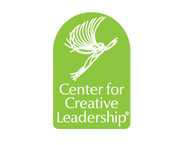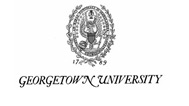Redefine your potential.
/When we’ve been successful in a job or field, we tend to become defined by it. And over time, we begin to believe that that is the only thing we’re suited to do. In essence, we create boundaries around ourselves; imaginary lines that we dare not cross.
These limiting beliefs can get in the way of our personal and professional growth. They become blinders, disabling our ability to see and seize possibilities.
Instead of thinking of your talent and potential in terms of your functional role, consider your inherent gifts, skills and attributes that are “transferable” -- that can apply to other fields, roles, and disciplines. Are you a great negotiator? Do you have the gift of persuasiveness? Are you a maven with details? A great project manager? Can you make the complex simple? Are you a master problem solver? An outstanding communicator?
When you start to see yourself in this broader context, new possibilities begin to emerge. You begin to erase those imaginary lines that could be holding you back from seizing opportunities and realizing your full potential. This kind of reflection and analysis is not only healthy, it’s also particularly helpful during times of change.
Read More











PRWeb, September 2016
Susan Tardanico, CEO of the Authentic Leadership Alliance and Executive in Residence at the Center for Creative Leadership, will speak and moderate a panel on “Courageous Leadership in the New Normal” at the annual WICT (Women in Cable Television) Leadership Conference on September 19 in New York City.